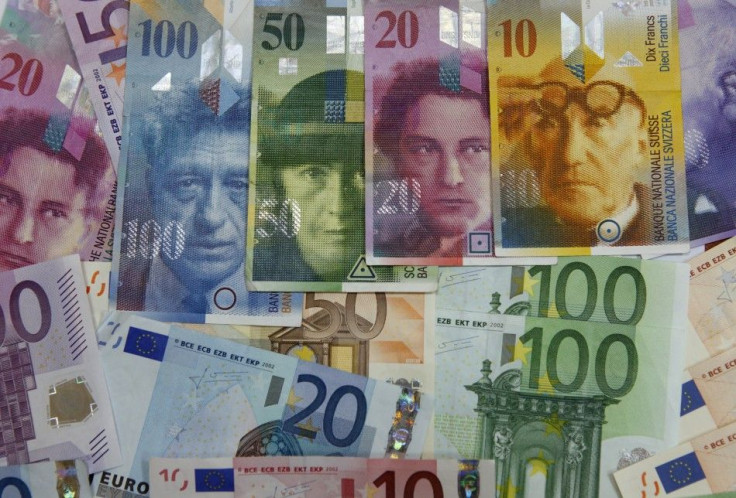Dollar May Bounce on Downgrade, but Destiny is Dark

Lawmakers were still unable to reach an agreement on the U.S. debt ceiling on Friday, but there is no arguing that the dollar's safe-haven appeal should remain trumped by the Swiss franc and Japanese yen.
The dollar on Friday hit a record low against the Swiss franc and a four-month trough against the yen, both traditional safe-haven currencies, as weak data on U.S. economic growth ignited fears the economy could slip into another recession.
With four days left before the United States hits its debt limit, Republicans pressed ahead with a deficit plan that cannot pass Congress and President Barack Obama told lawmakers to stop wasting time and find a way "out of this mess."
The U.S. House of Representatives will vote on a Republican bill to raise the debt ceiling between six p.m. EDT (2200 GMT) and 7:30 p.m. EDT (2330 GMT) on Friday, a Republican aide said.
"If the U.S. Treasury starts missing payments, the FX market will begin to freak out, volatility will spike and liquidity will dry up," said Greg Anderson, G10 strategist at CitiFX, a division of Citigroup in New York.
If the debt ceiling is raised but the deficit reduction measures are not big enough to avoid a ratings downgrade, this is already priced into the market and will not necessarily rattle the market, he said.
"A U.S. credit rating downgrade should lift the dollar because people will want to cut their exposure to risk and square their short dollar positions."
The dollar fell to a record low of 0.78530 franc on trading platform EBS and was last at 0.78860, down 1.5 percent on the day. On the week, the dollar fell 2.8 percent and in July 6.1 percent, its worst monthly showing since Dec. 2010.
The euro slid to record lows against the Swiss unit as well, to 1.12970 francs. It last traded at 1.1346 francs, down 1.2 percent. The euro fell 3.1 percent on the week and 6.9 percent this month, its worst monthly performance since June 2010.
Barclays Capital said the immediate effect of a downgrade should be supportive for the dollar.
"However, the fact that this is a U.S.-driven risk, the USD will likely lag other safe-haven currencies (such as the JPY and CHF)," the firm said. "Further out, we see fiscal tightening weighing on growth and the USD weakening further, as monetary policy is kept looser for longer than the market is expecting."
Meanwhile, if the debt ceiling is raised and there is no ratings action, the dollar should falter versus riskier currencies such as the Australian, Canadian and New Zealand dollars.
The dollar was last down 1 percent against the yen at 76.94 yen, its lowest level since coordinated intervention to weaken the Japanese currency in mid-March. The record low for dollar/yen was 76.250.
"The dollar is looking less and less attractive from a growth, fiscal and monetary perspective," said Kathy Lien. director of currency research at GFT Forex in New York.
"The recovery has lost momentum, the U.S. is up to its neck in debt and the Federal Reserve is considering more stimulus."
Government data earlier on Friday showed the U.S. economy grew at a much weaker-than-expected rate in the second quarter. First-quarter growth was also revised sharply lower.
In late afternoon New York trading, the euro was up 0.4 percent against the dollar at $1.4382.
While America faces a potential downgrade of its debt for the first time in history, Europe continues to struggle to reconcile its structural imbalances and wider peripheral spreads should continue to pressure the euro.
© Copyright Thomson Reuters {{Year}}. All rights reserved.





















